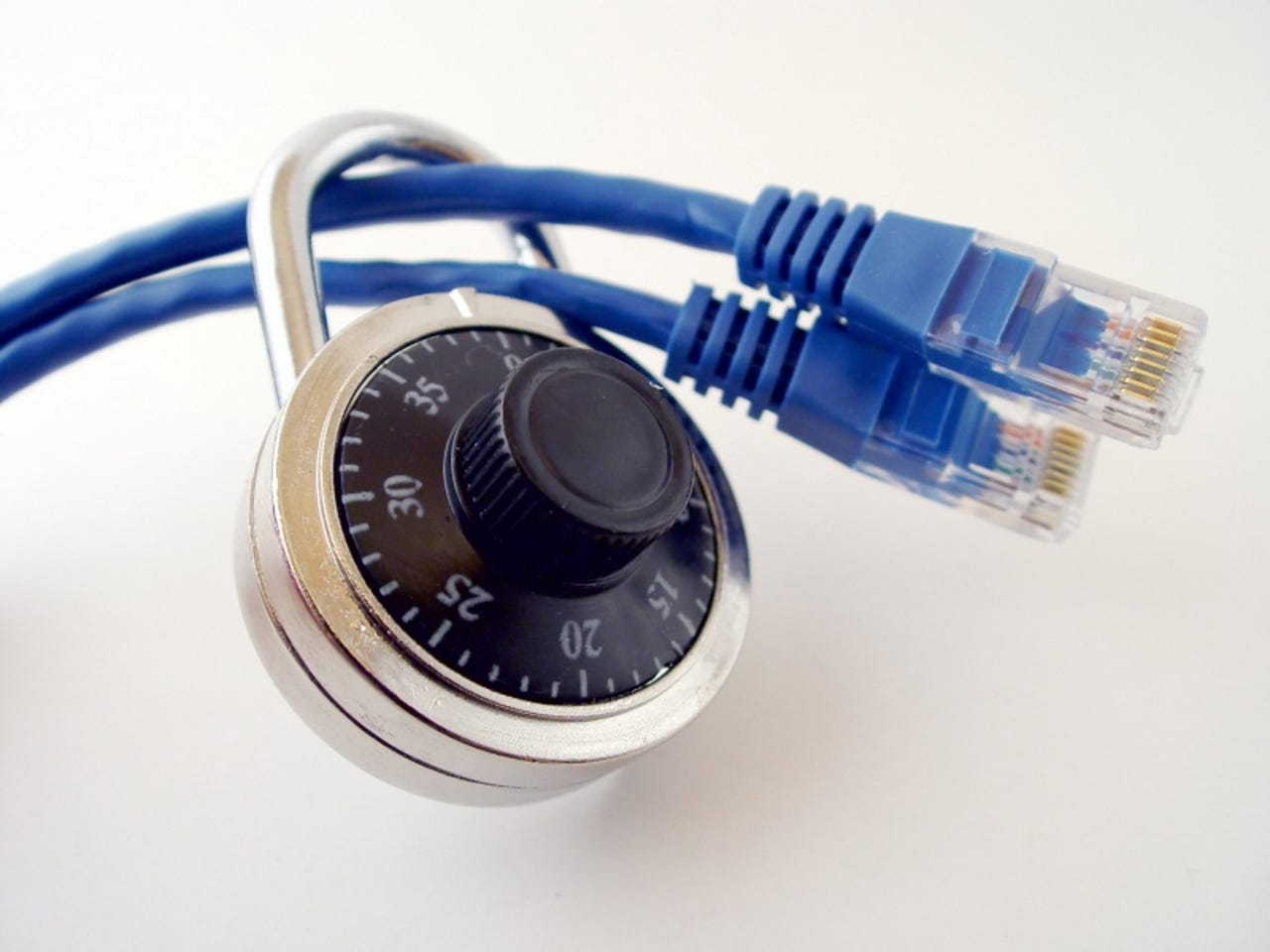US Secret Service arrests Russian point-of-sale hacker


The US Secret Service has arrested a Russian hacker accused of accessing point-of-sale systems and stealing credit card information.
Roman Valerevich Seleznev, of Moscow, was arrested Saturday, according to the US Department of Justice. The 30-year-old is accused of hacking into point-of-sale systems at retailers across the US between October 2009 and February 2011 in order to steal credit card data. US prosecutors say that Seleznev also operated servers and international carding forum websites which facilitated the theft and sale of stolen credit card information worldwide.
Internet of Things
Seleznev, also known as "Track2" and "nCux" online remains in custody pending trial. The alleged hacker is being charged with five counts of bank fraud, eight counts of intentionally causing damage to a protected computer, eight counts of obtaining information from a protected computer, one count of possession of 15 or more unauthorized access devices, two counts of trafficking unauthorized access devices, and five counts of aggravated identity theft, according to the Washington indictment.
If found guilty, Seleznev could face dozens of years in prison and fines above $2 million. As an example, bank fraud alone could result in 30 years behind bars.
Julia Pierson, Director of the U.S. Secret Service said:
"Secret Service agents utilize state-of-the-art investigative techniques to identify and pursue cyber criminals around the world. This scheme involved multiple network intrusions and data thefts for illicit financial gain. The adverse impact this individual and other transnational organized criminal groups have on our nation's financial infrastructure is significant and should not be underestimated."
In addition, the alleged credit card kingpin is also being charged in a separate indictment in the District of Nevada over allegedly participating in a racketeer influenced corrupt organization (RICO), conspiracy to engage in RICO activities and two counts of possession of 15 or more counterfeit and unauthorized access devices. These charges carry maximum penalties of up to 20 years in prison for RICO and RICO conspiracy and up to 10 years in prison for possession.
Seleznev made an initial appearance in court in Guam Monday, and a second hearing is scheduled for July 22.
The case remains under investigation by the Seattle-based U.S. Secret Service Electronic Crimes Task Force.